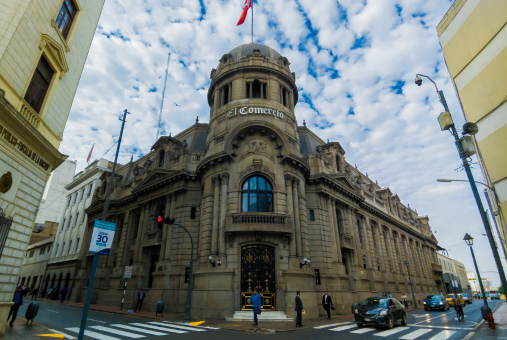
After 10 years of legal proceedings, a Peruvian judge of the first instance annulled the purchase of Grupo Epensa by Grupo El Comercio, claiming that this transaction creates a monopoly that threatens freedom of expression. The decision has been seen as historic, but still faces appeals in higher courts.
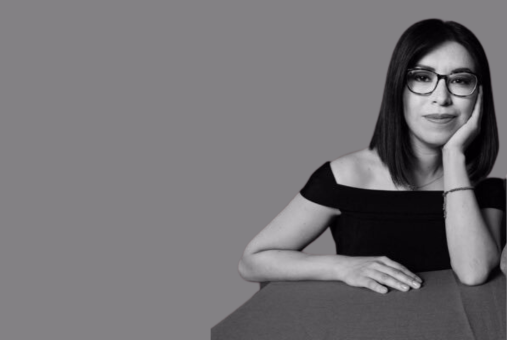
Nayeli Roldán does not do journalism for the recognition. Since childhood, it became clear to her this profession would be her path, despite having grown up in a context of inequality. LatAm Journalism Review spoke with Roldán about her recent recognition and her plans to continue doing rigorous and service-oriented journalism.

Argentine journalist Carlos Lauría will take over as executive director of the Inter American Press Association on Nov. 12. In an interview with LJR, he spoke about the challenges that lie ahead and his goals in supporting press freedom and media empowerment in the region.

The Linterna Verde [Green Lantern] organization launched, at the end of 2021, the Circuito [Circuit] project — a resource center to help content creators understand platforms' copyright rules and defend themselves in case they are wrongly sanctioned. We interviewed its creators to learn more.

The U.S. Board of Immigration Appeals ruled that journalist Emilio Gutiérrez Soto, who was denied asylum after he fled Mexico in 2008 due to threats related to his reporting, was eligible for asylum. Organizations consider the decision a landmark that sets an important precedent for journalists’ safety and press freedom in the region.
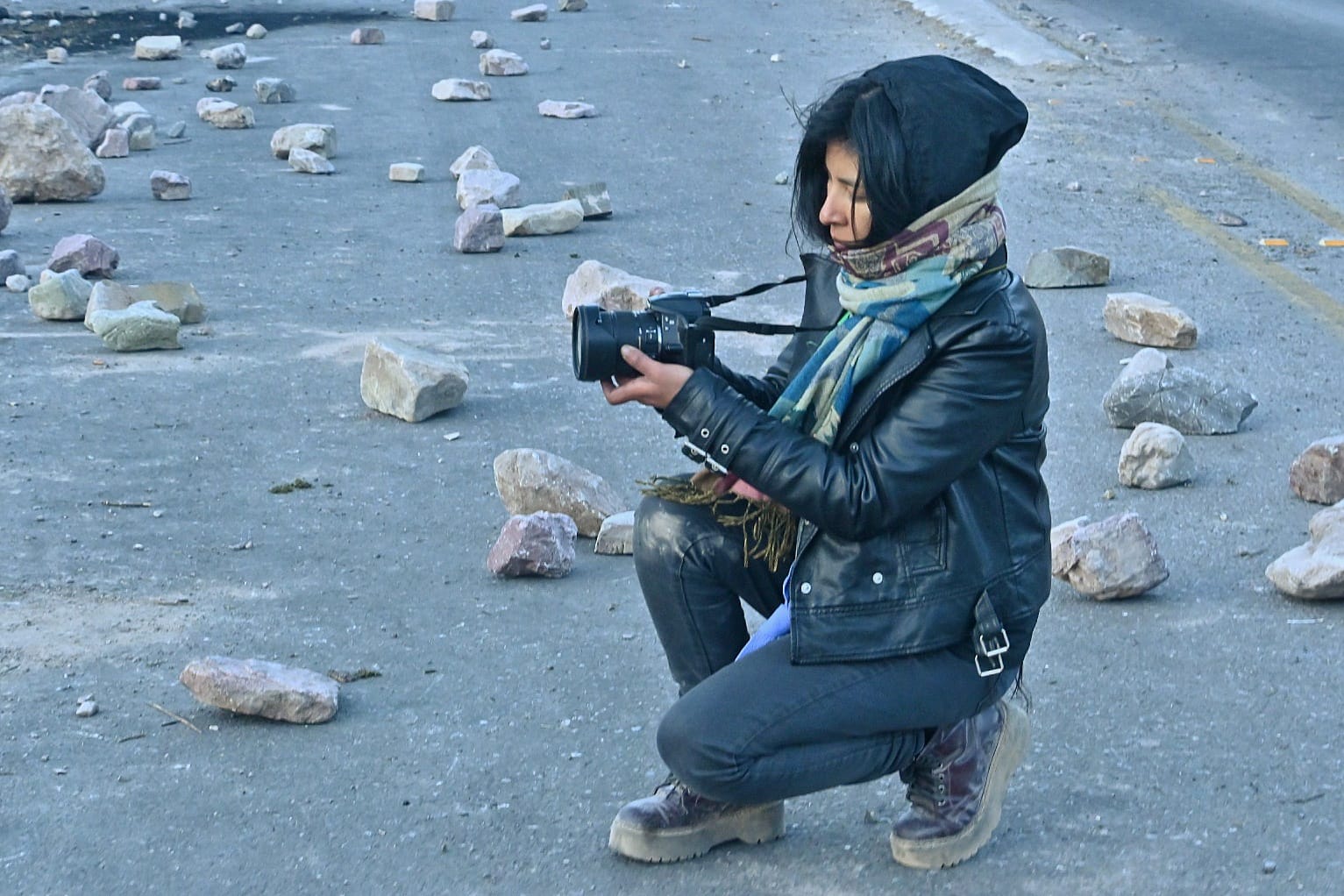
Recent primary elections in Argentina put the ultra-conservative candidate, Javier Milei, as the favorite, the same candidate who said he would scratch the government's media budget and who denounced five journalists. In Jujuy, security forces have detained and assaulted journalists covering popular demonstrations.
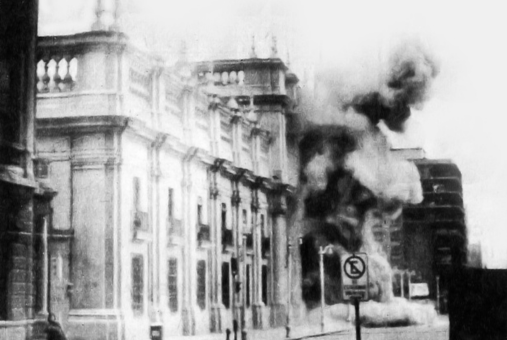
Marking the 50th anniversary of the 1973 coup in Chile, a reissued book offers firsthand accounts from journalists who faced bombings, arrests, and censorship as they struggled to report during that fateful day. The work aims to combat "collective amnesia" about a pivotal event that changed Chile forever.
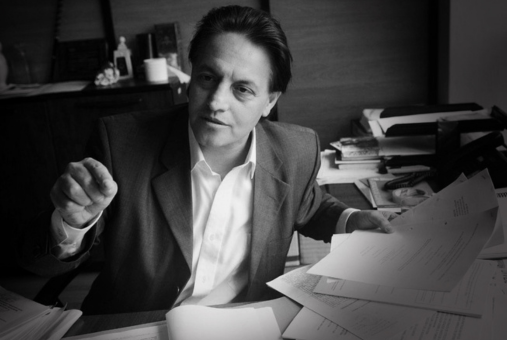
A key figure in both Ecuadorian journalism and politics, 'Don Villa' earned his reputation through fearless investigative journalism, opening the way to high-profile convictions that included former President Rafael Correa. His fusion of activism with journalistic rigor drew a spectrum of responses, ranging from admiration to critical scrutiny.
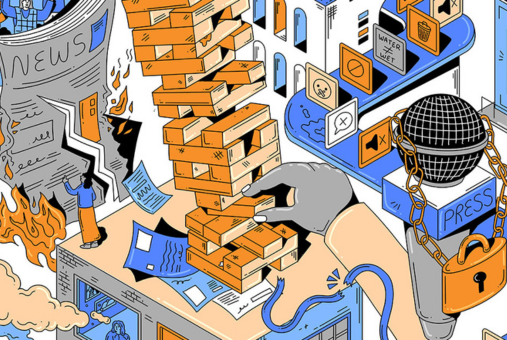
Journalists' reputations are under attack. The study 'Not just words: How reputational attacks harm journalists and undermine press freedom' found that most journalists surveyed globally suffered reputational damage at least once a month.

Journalists, media and even human rights defenders in Honduras have been the target of smear campaigns in recent months that they denounce are putting them in a situation of greater vulnerability. International organizations and journalists also analyze this as a strategy to silence the work they do.
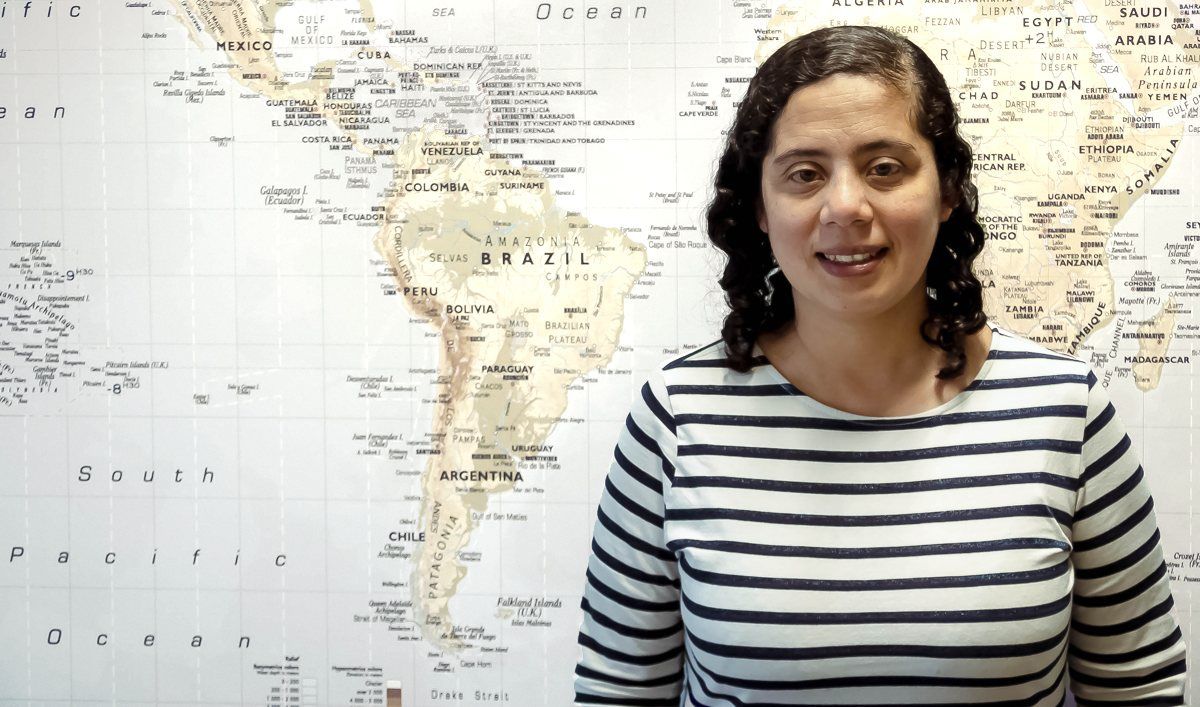
The president of the National Association of Journalists of Peru, Zuliana Lainez, talked about the current situation of independent journalism in Latin America, the persistent judicial harassment against the press, and the current crisis of confidence in the media in Peru.
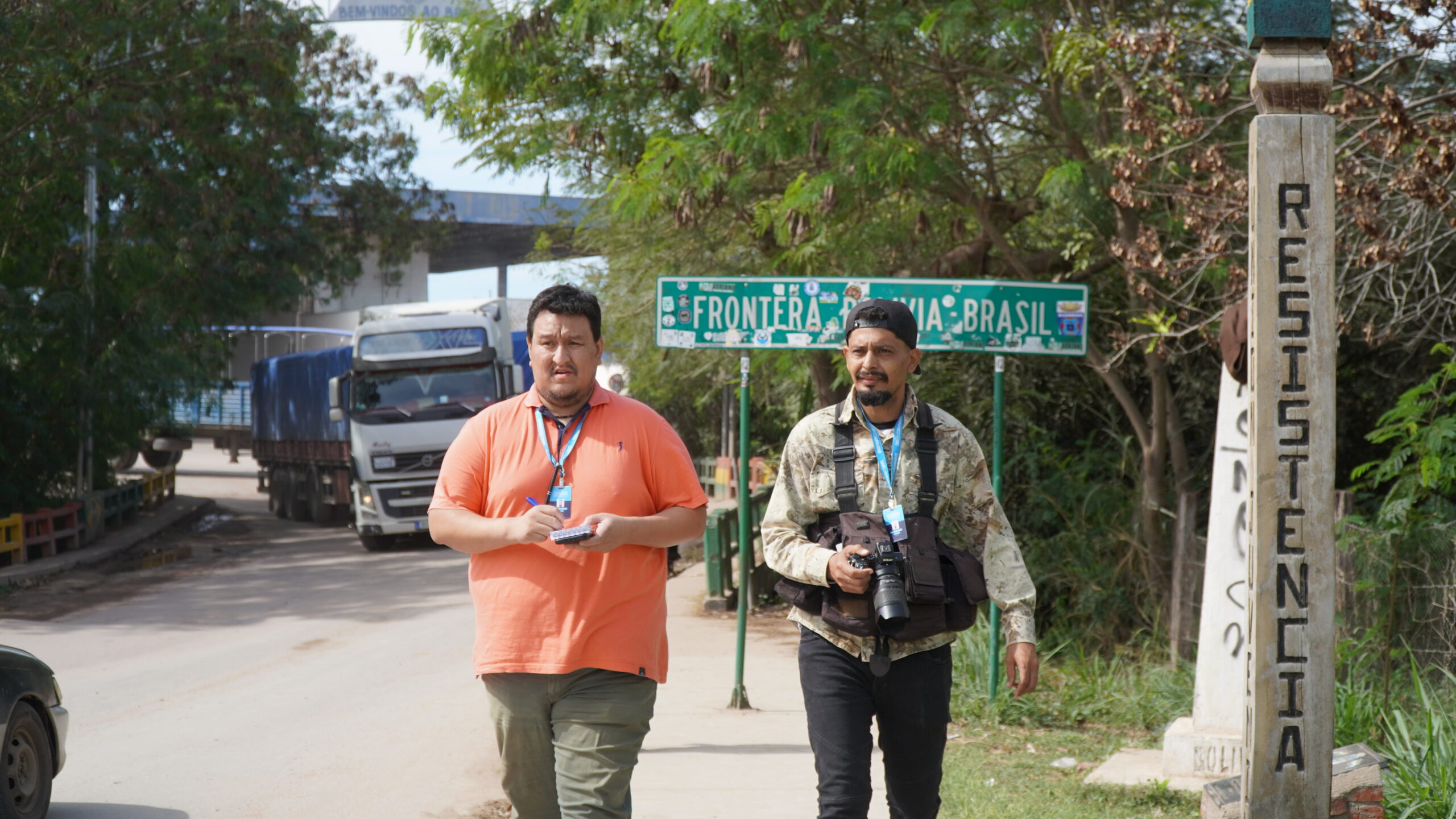
Journalists from Bolivia and Brazil talk about their collaboration while covering drug trafficking and migration on the border between the two countries. LJR also interviewed Diário Corumbaense from the Brazilian border city of Corumbá to report on the news service it provides to the inhabitants of its local community.